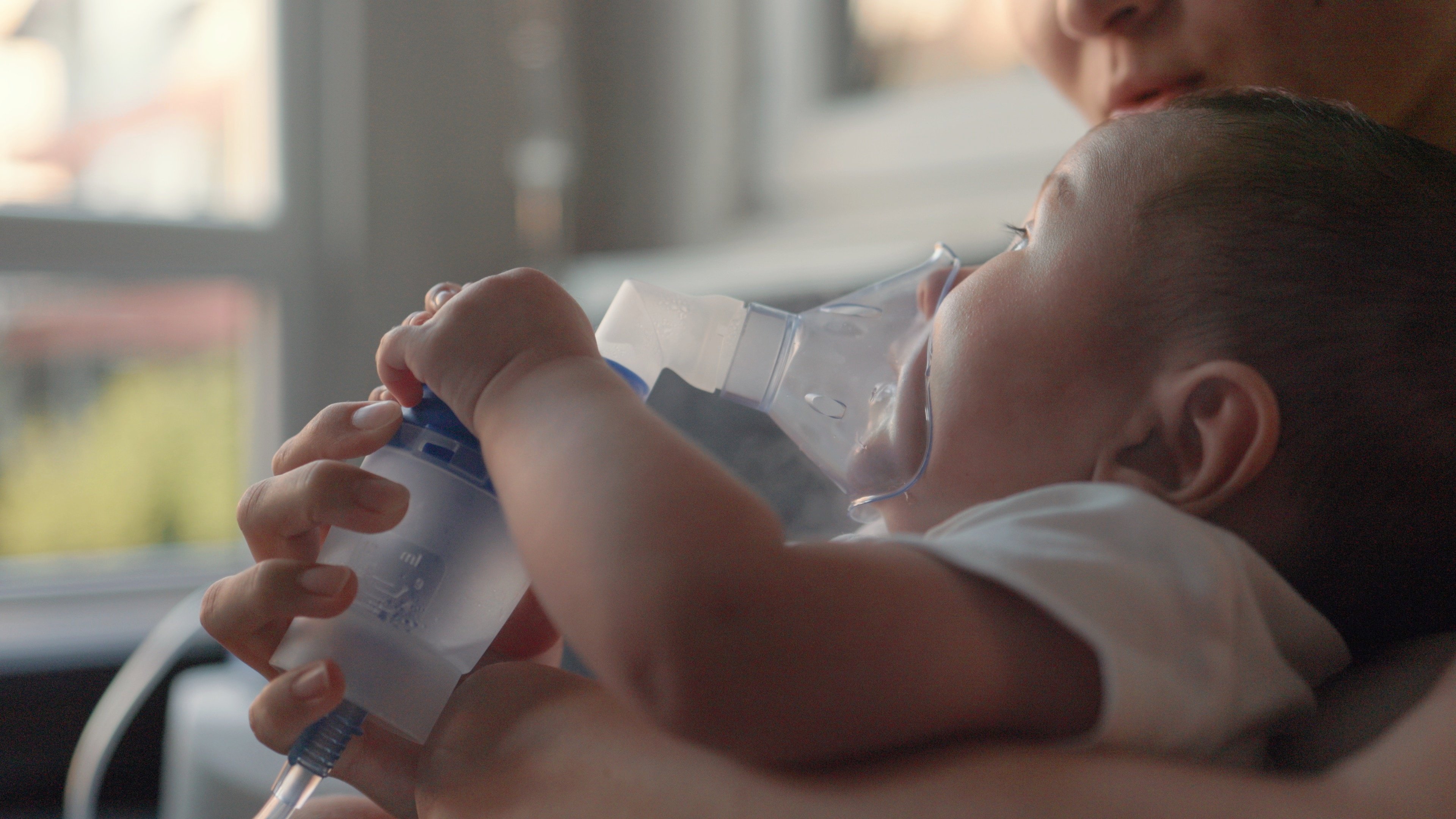News release
From:
Researchers at The University of Queensland have found First Nations people are twice as likely to present at hospital with asthma and other allergy related illnesses, compared to other Australians.
Dr Desalegn Markos Shifti, from UQ’s Child Health Research Centre led a study analysing 813,112 Emergency Department (ED) presentations at 12 public hospitals in Central Queensland, between 2018 and 2023.
“We found First Nations Australians were significantly more likely to present to an ED for asthma or other allergic diseases compared to other Australians,” Dr Shifti said.
“Other allergic illnesses included anaphylaxis, atopic dermatitis and other unspecified allergies.
“Our study captured the burden of severe and potentially life-threatening cases that necessitate immediate medical attention, highlighting the acute impact of asthma and allergic diseases.
“And worryingly, we found that ED presentations for asthma and allergies increased over time”.
Australia is known as the allergy capital of the world with allergic diseases affecting around one in 5 people and is anticipated to increase by 70 percent by 2050.
However, studies in rural, regional and remote areas are limited, impacting the understanding of the scale and unique factors that influence allergic diseases in these settings.
Senior-author Associate Professor Jennifer Koplin said the higher rate of ED presentations related to allergic diseases was surprising given allergic and atopic diseases have not been traditionally recognised as an important concern among Indigenous Australians.
“It’s important for further research to understand the impact of allergic disease among Indigenous Australians and to explore the causes of these differences and strategies to address them.” Dr Koplin said.
The study was supported by the Central Queensland Hospital and Health Service and the Murdoch Children’s Research Institute.
The research has been published in BMJ Open.



 Australia; VIC; QLD
Australia; VIC; QLD


